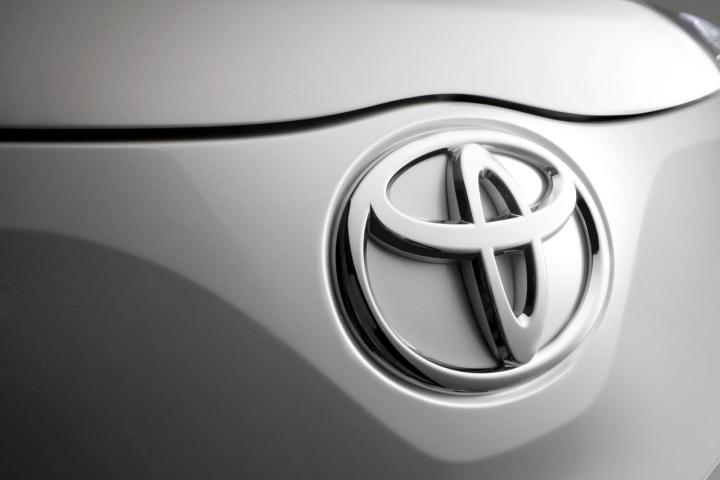
The big R&D investment by Toyota is a marked change from the Japanese automaker’s typically guarded approach to automated driving. Company president Akio Toyoda admitted that the company used to say that it would dive into that space only if a self-driving car could beat humans in a 24-hour race.
“But I changed my mind after I got involved with planning of the 2020 Olympic and Paralympic Games (in Tokyo),” he said, adding that it helped him see the need for this technology for the disabled and elderly.
The five-year, $1 billion endeavor will establish its foothold in Silicon Valley and function under the new company Toyota Research Institute. The entity, which will hire about 200 staff, will start with laboratories near Stanford University and MIT, according to The New York Times. Gill Pratt, a former MIT professor and former official at the Defense Advanced Projects Research Agency (DARPA), has been named the CEO of the institute.
“We want to create cars that are both safer and incredibly fun to drive,” Pratt said. He went on to explain that he envisioned a car equipped with a “guardian angel” in the form of sensors and software to protect human drivers rather than remove them from the picture altogether. This approach is already being tested in Toyota’s “Highway Teammate.”
“Our initial goals are to: 1) improve safety by continuously decreasing the likelihood that a car will be involved in an accident; 2) make driving accessible to everyone, regardless of ability; and 3) apply Toyota technology used for outdoor mobility to indoor environments, particularly for the support of seniors,” Pratt said in Toyota’s press release. “We also plan to apply our work more broadly, for example to improve production efficiency and accelerate scientific discovery in materials.”
Pratt recently joined Toyota to lead the company’s initial plan to invest $50 million over five years in artificial intelligence research.
Editors' Recommendations
- Cruise autonomous vehicle drives over woman just after she was hit by another car
- Officers confused as they pull over an empty self-driving car
- We now know what the self-driving Apple Car might look like
- Waymo’s self-driving cars can’t get enough of one dead-end street
- Watch San Franciscans take a ride in Waymo’s self-driving car


